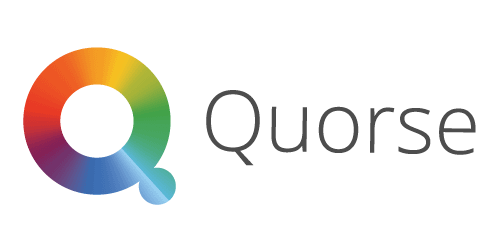Human Resource > Handling Disciplinary Issues, Grievances and Domestic Inquiry at Workplace
CEO, HR Manager, HR Executive, HR Assistant, Personal Assistant, Secretary, Line Managers/Executives, Supervisors, Other Non-HR Managers and Executives.
Module 1: Employment Act 1955 & Industrial Relation Act 1967
Module 2: Managing Probationers
Module 3: Managing Poor Performance
Module 4: Types of Misconduct (Major & Minor Misconduct)
Module 5: Definition of Harassment
Module 6: Seven types of harassment
Module 7: Investigation and respond to complaints of sexual harassment Considerations in conducting the sexual harassment investigation
Module 8: Grievance Mediation
Module 9: Holding Disciplinary Sessions
Module 10:Domestic Inquiry Proceedings
Module 11: Industrial relations
Mathy holds a Masters in Human Resource Development (majoring in Training & Development) from University Putra Malaysia. She brings with her more than 18 years of working experience in training and consultancy. Mathy is an experienced facilitator with over 18 years in-house corporate experience around Asia. She is passionate about learning and development and has been working in this space for ten years focusing on Change, Culture and People.
FREE QUOTATION!
THIS PUBLIC COURSE INCLUDES
*T&C Applies
No review yet.
Live chat, call or email, we’re here for you

Since its inception in 2009, Quorse, pronounced as “Kor-Say,” has been dedicated to revolutionizing the way you search for and engage with training courses.
As a comprehensive training search engine, our mission is to simplify the process of sourcing courses, making it effortless and efficient for you. Our extensive database, available 24/7, houses over 5000 courses spanning a variety of fields and disciplines.

Sign Up to Bookmark your Favourite Course
or Request for a Quotation instantly
Sign in with your social account
or
By signing up, you agree to our Terms of Use and Privacy Policy